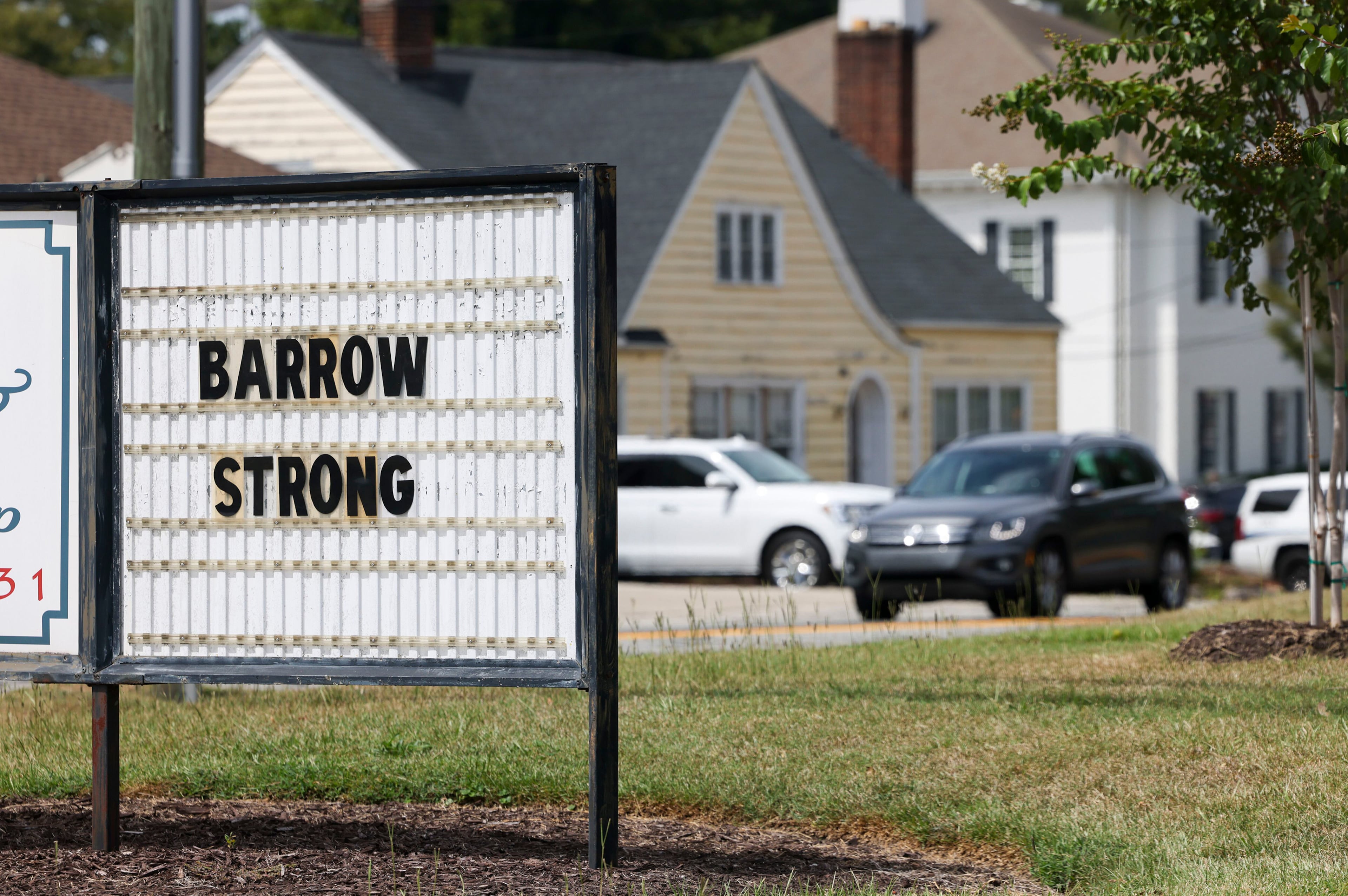UGA researchers create software to keep kids from dawdling in class
Elementary school students lose valuable instruction time each day dawdling between activities, according to a new University of Georgia study.
But the study has found a way to reclaim these lost minutes and make the transition to a new subject fun while increasing student focus, researchers say.
Co-authored by Scott Ardoin, professor of school psychology in the College of Education’s department of educational psychology, the new method resulted in an average of 39 extra minutes a week of instruction, or the equivalent of 2.6 extra hours of instruction time per month.
With the method, the kids were given cues before it was time to transition. The warnings were projected onto a computer screen and then a timer would appear. The amount of time that they had to transition decreased as the study progressed. The students were excited to beat the buzzer and quickly prepared themselves for the next instructional session, according to the study.
The findings were published in the September issue of the Journal of Applied Behavior Analysis.
Ardoin and Jeffrey Hine, a former school psychology doctoral student in the department of educational psychology, developed software called Keep Busy and Carry On that would give students a notice before it was time to transition to a new task.
Ardoin and Hine found the Keep Busy and Carry On system helped reduce the time the children spent between activities by 67 percent. Classrooms also increased instructional time by more than 20 percent.
The result is a way to keep students engaged while also taking some of the burden off the teacher: “Teachers are busy instructing students, so we wanted to create something simple for them,” Ardoin said in a released statement. “The system takes the responsibilities from the teacher and automates the intervention.”


